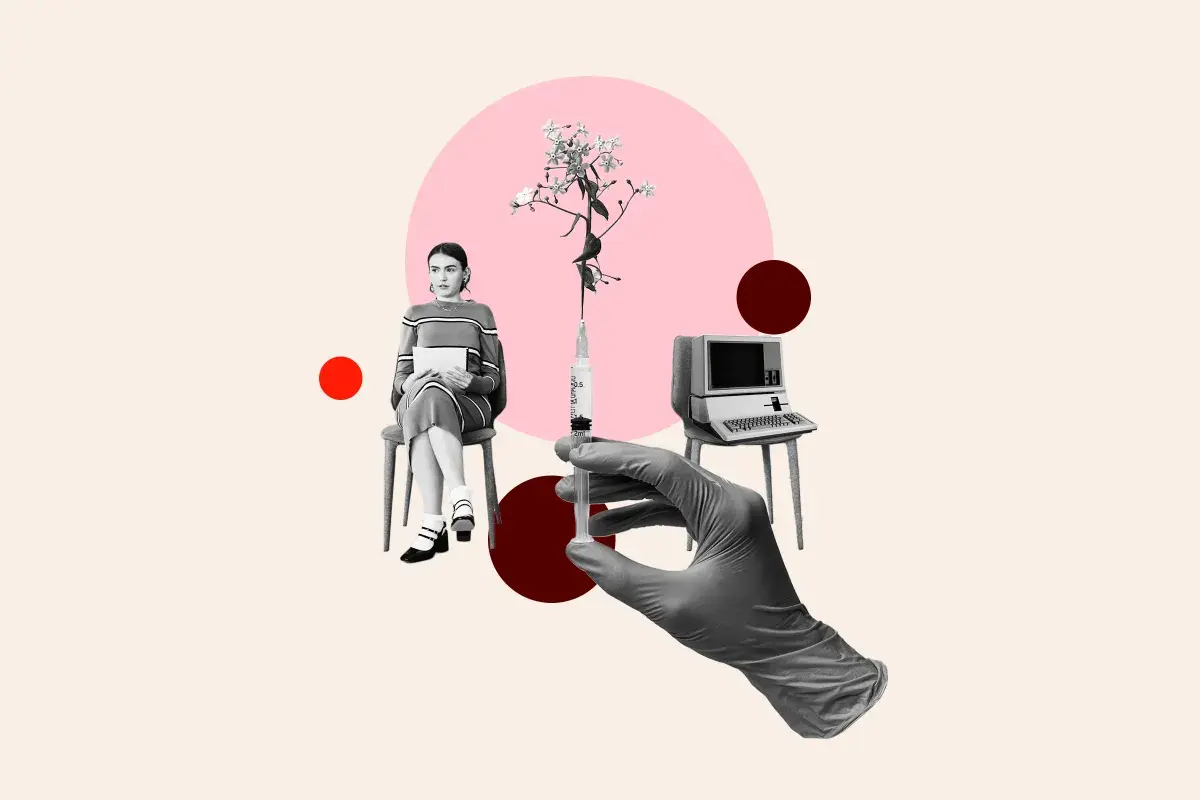Copyright Newsweek

The rapid development of artificial intelligence—both in capabilities and adoption—has been mirrored by a growing concern that this latest era of automation will take a scythe to the American workforce. The outlook appears to be bleakest among the labor market’s new or aspiring entrants. Some 70 percent of Generation Z say artificial intelligence has made them doubt their future job security, according to a survey by Glassdoor, and 65 percent of respondents in a separate poll said even a college degree can no longer protect them in the event of an AI-driven mass replacement. The evidently pro-AI administration remains unflustered, with Treasury Secretary Scott Bessent stating that he is “not at all” worried about AI’s implications for U.S. employment, while urging fearful Americans to embrace and adapt rather than resist the new technological epoch. “Get educated on AI because having the AI skills and the ability to use them is what’s going to get you hired,” Bessent told CNBC in mid-October. Building 'AI-Resilience' in the New York Mountains But another approach is being adopted at a small yet growing college in New York’s Adirondack Mountains, committed to “AI-proofing” its students with a curriculum focused on “hands-on” professions even advanced LLMs will struggle to supplant. Paul Smith’s College has seen a 30 percent uptick in new enrollees this fall, which Kathy Bonavist, executive vice president of Advancement & Enrollment, attributes in part to its preparation of students for such “AI-resilient” careers as forestry and environmental science, wildlife science, as well as hospitality and applied business, which require real-world problem solving and a human touch. “Our education is based on calloused hands and sharp minds,” Bonavist tells Newsweek. “And so we prepare graduates for sort of the messy, unpredictable places where human judgment still really matters.” Owing in part to its geography—surrounded by six million acres of wilderness—Paul Smith’s has always tailored its curriculum toward land-based occupations and the more rural trades rather than those mandated by an ever-more technological economy. “Paul Smith's been around since 1946, and one might argue that we've always been relatively AI-proof,” Bonavist tells Newsweek. “Now, we're just doubling down on it.” Gavin Tufo, a sophomore majoring in Arboriculture and Landscape Management, said, “My degree has taught me an indescribable amount of knowledge, along with extreme amounts of hands-on experience that was almost foreign to me before I started here. “Plus, who doesn’t want to climb a tree in college?” Another student, Liam Carroll, who majors in Arboriculture and Landscape Management alongside Ecological Forest Management, said the threats posed by AI did not factor into his decision to choose Paul Smith’s as his place of study—inspired instead by his “love of the outdoors.” But witnessing “how rapidly it is progressing and becoming such a big part of people’s lives,” Carroll tells Newsweek he now feels “relieved that the jobs that I could get with my degree are going to be one of the last things that AI could replace if at all.” “No matter what AI can do in the future, the world will always need people who are educated in their field that can actually go out into the world and collect research and fall timber etc.” Resilience Not Resistance As Bonavist explains, Paul Smith’s sees itself as “AI-resilient” rather than “AI-resistant.” The college recognizes that the technology has and will continue to reshape even the more outdoor-focused jobs, and is exploring how AI might "fit in” to the careers students are preparing for while adjusting curricula accordingly. “We're not putting our head in the sand to say that there are tremendous opportunities in AI,” she says, “but we're doubling down on the fact that we've always had this sort of technical, human-touch aspect.” “Their resilience is forged in the field, in the kitchen, in the classroom, in the forest. And they don't just learn skills. They actually show up,” says Bonavist. “They show up at five a.m. to start in the kitchen. They show up in the forest to manage the land and run the large equipment. “Many schools you might learn about teaching how to run a giant loader in the forest, but our students actually get in them and run them.” “AI has its place in the forestry industry, whether it's in a machine or on a computer. What AI doesn’t have is the human eye and mind,” Tufo tells Newsweek. “No single tree is the same; no conditions or ground environment are exactly the same. “There are several factors that we have been taught and trained to assess and understand that AI cannot simply comprehend.” And Paul Smith’s appears to be riding a wider trend, as AI threatens to replace an increasing number of entry-level white-collar jobs. According to a recent survey by Jobber, 77 percent of Gen Z consider it important to choose a career that’s "difficult to automate." A majority pointed to trades like carpentry and plumbing as largely future-proof, while far fewer see safety in fields like software development, data analytics, and accounting. The increasing popularity of Paul Smith’s and its AI-proof curriculum highlights the question now top of mind for so many Americans: How can humans make themselves indispensable in a machine-driven world?



